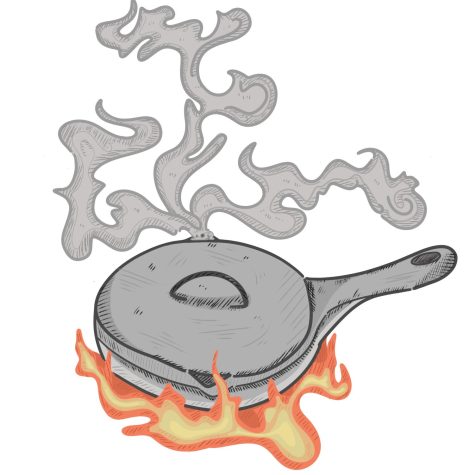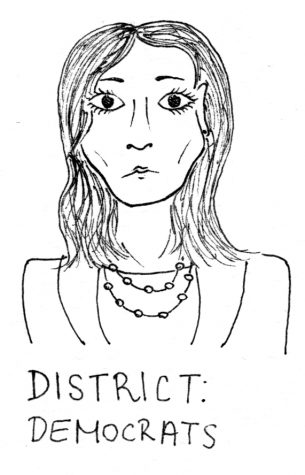Why name pronunciation matters
November 5, 2020
“KAH-mah-la, Kah-MAH-la, Kamala-mala-mala, I don’t know, whatever.”
In October, Senator David Perdue of Georgia repeatedly mocked and purposely mispronounced Kamala Harris’ name at a Trump rally. On Twitter, Perdue’s spokesperson insisted that he “simply mispronounced Senator Harris’ name, and he didn’t mean anything by it.” Right. Harris and Perdue were colleagues in the Senate for over three years, and a simple mispronunciation seems unlikely. In response, the “#MyNameIs” hashtag gained popularity on Twitter, where people of color shared the pronunciation of and background behind their names.
I am somewhat familiar with the experience of others struggling to pronounce my name. “Sile” is pronounced “shay-la,” but it does look much like “sy-uhl” or “silly.” All the way back to elementary school, I remember shyly correcting substitute teachers quite often, but that’s different. My experience does not compare to discrimination and dismissiveness that people with names that don’t sound American or European experience.
Nigerian actress Uzo Aduba made this point very clear when she was asked if she’d ever change her name. Uzo’s mother told her, “If they can learn to say Tchaikovsky and Michelangelo and Dostoyevsky, they can learn to say Uzoamaka.”
Names often hold great significance, and they can honor a person’s racial or ethnic background. A name can express someone’s identity and cultural heritage in a very personal way. Dismissing or purposely mispronouncing a name sends a message that their name is not accepted or respected. Saying “That’s too hard,” or “Do you have a nickname?” instead of taking the time to learn their full name signals that the small courtesy and simple effort to learn that name is unimportant.
This issue of discrimination relates heavily to employment as well. One job market discrimination study found that resumes with “white-sounding” names received 50 percent more callbacks than resumes with “black-sounding” names.
Ranja Srinivasan, Ph.D., explores the psychology of name-based microaggressions in her research. In her interviews, participants explain feeling anxiety while introducing themselves, and authority figures would often assign them unwanted nicknames. Srinivasan describes her experience as well: “As early as four years old, my job was to make my White American teachers feel more comfortable, rather than them making time and effort to learn to pronounce my name correctly.”
Spending the effort to correctly pronounce someone’s name should be a given in every situation. This isn’t meant to call out those who struggle with pronouncing names correctly. Instead, it’s about the amount of effort that conveys respect and courtesy. There’s a difference between struggling with pronouncing a name and making an effort, versus struggling and not caring about getting it right.
I have never experienced the dismissal or disrespect that Harris and many other people of color experience. Although I cannot speak to the wide variety of experiences with pronouncing names, it is overall respectful to put forth effort. Your name is a special part of you, and you deserve correct pronunciation.







